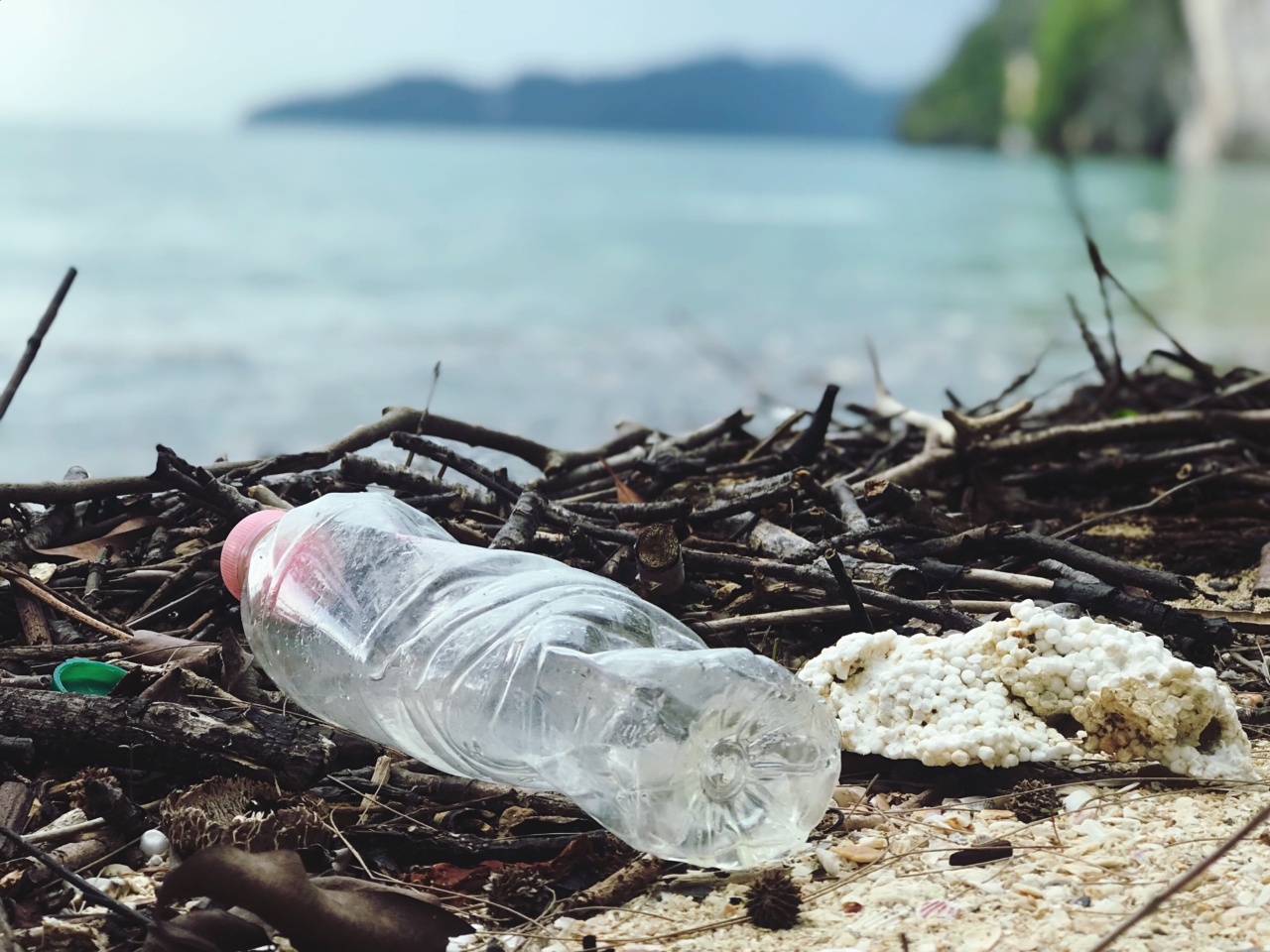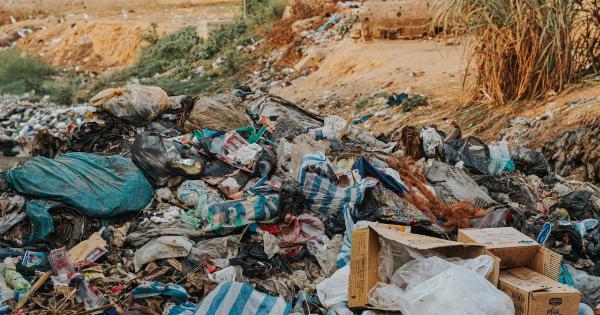Plastic waste in the United Kingdom is on the rise. The country generates an average of 2.26 million tonnes of plastic waste every year, which puts it among the top 10 producers of plastic waste in the world.
Unfortunately, only a fraction of this waste gets recycled, with most ending up in landfills, oceans, and other places where they cause significant harm to the environment and wildlife.
The Scope of the Plastic Waste Problem in the UK
The plastic waste problem in the UK is an enormous and growing problem. Every year, the UK generates about 5 million tonnes of plastic waste, with a significant portion of that waste coming from packaging.
According to a report by the UK Parliament, the country uses over 11 billion items of plastic packaging annually, which amounts to 59 kilograms of plastic waste per household each year. This puts a massive strain on the environment, with plastic pollution affecting wildlife, waterways, and even human health.
The Environmental Impacts of Plastic Waste
The environmental impacts of plastic waste are significant and far-reaching. Plastic pollution affects the entire ecosystem, from marine animals and birds to waterways and human health.
For example, plastic waste in the oceans gets mistaken for food by marine animals, which can lead to injury and death. It can also introduce harmful chemicals into the food chain, which can cause long-term damage to the ecosystem.
The Economic Costs of Plastic Waste
Aside from the environmental impacts, plastic waste also has significant economic costs. It is estimated that the UK economy loses over £50 million each year due to plastic pollution.
This cost comes from a range of factors, such as the clean-up operations, damage to local businesses, and lost tourism revenue. Moreover, not recycling plastic also means wasting valuable resources, which could otherwise be used to create new products or generate energy.
The Need for Action
The issue of plastic waste in the UK is a complex problem that requires a multi-faceted approach. To address this issue, the UK Government has introduced several initiatives and policy measures to reduce plastic waste.
In addition, individuals, businesses, and organizations also have a crucial role to play in reducing plastic waste. Sustainability should be at the forefront of the agenda for all parties – whether individuals, local organisations, or universal manufacturers.
The effects of plastic usage might not be felt directly, but they could create problems for the coming years for future generations.
The UK Government’s Initiatives to Reduce Plastic Waste
The UK Government has introduced several initiatives and policy measures to reduce plastic waste, including:.
- The 5p Plastic Bag Charge – In 2015, the UK introduced a 5p charge on single-use plastic bags, which has led to an 80% reduction in their use.
- The Plastic Packaging Tax – From April 2022, the UK will introduce a tax on plastic packaging that does not meet a minimum threshold of at least 30% recycled content.
- The Extended Producer Responsibility Scheme – This scheme will require manufacturers to cover the full cost of recycling or disposing of their products, incentivizing them to design products with the circular economy in mind.
The Role of Businesses and Organizations
The role of businesses and organizations is crucial in reducing plastic waste. They can take several steps to reduce waste, such as:.
- Using eco-friendly packaging and minimizing the use of plastics
- Implementing recycling programs for employees and customers
- Partnering with suppliers that adhere to eco-friendly guidelines
- Encouraging customers to bring their reusable bags, cups, and containers
The Responsibility of Individuals
Individuals also have a significant role to play in reducing plastic waste. Here are several things that individuals can do:.
- Reuse bags, containers, and cups instead of using single-use items
- Recycle or dispose of plastic waste properly
- Buy products with minimal packaging or packaging that is recyclable
- Support businesses that have implemented eco-friendly practices
- Participate in beach cleanups and other initiatives that help reduce plastic pollution
Conclusion
The plastic waste problem in the UK is a complex issue that requires action from all parties. The government has initiated several measures to reduce plastic waste, and businesses and individuals need to do their part to address this issue.
By working together, we can hope to create a more sustainable future that minimizes waste and protects the environment.































